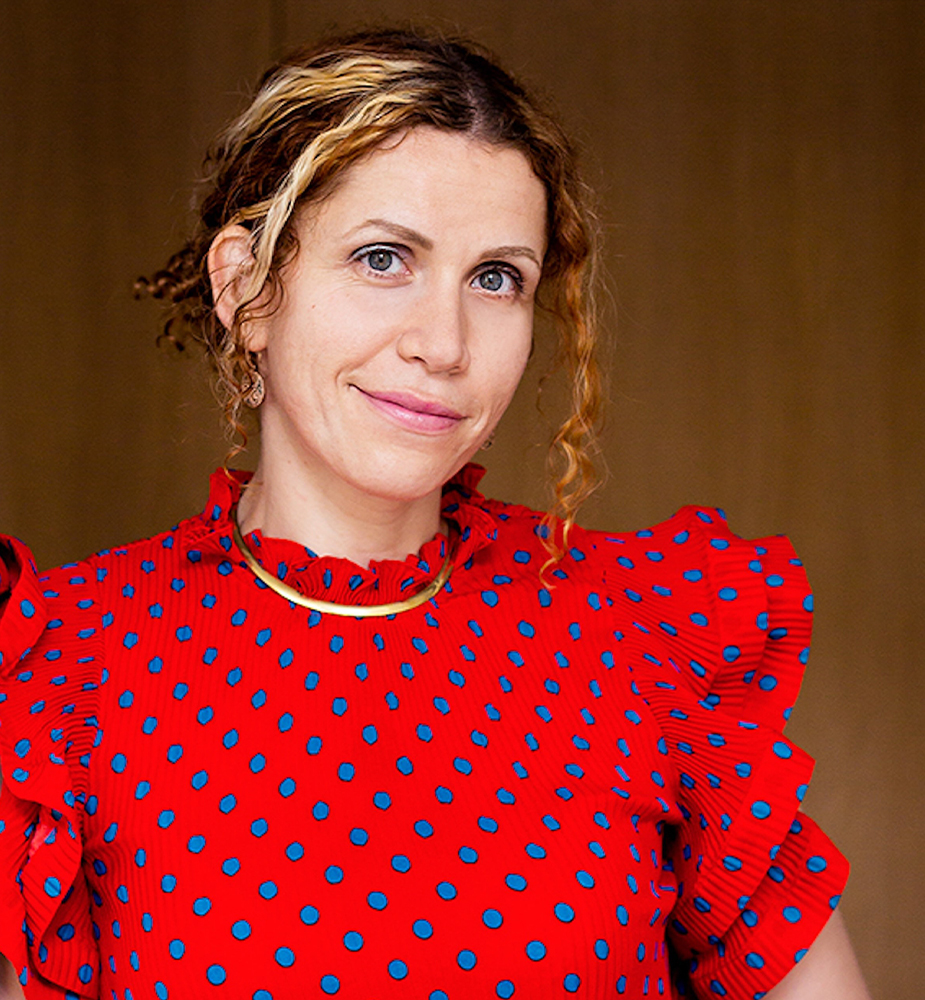Yana Bromberg has been recognized for her work at the forefront of research in computational biology and biostatistics.
Bromberg, who is also a principal fellow at Emory’s Center for AI Learning, joins 18 other ISCB fellows from around the globe who are at the forefront of research in computational biology and biostatistics.
The society is honoring Bromberg for shaping the field with her pioneering bioinformatics work to decipher DNA blueprints of life’s molecular functions. Specifically, for her development of the neural network-based method for screening for non-acceptable polymorphisms (SNAP). Among its many uses is SNAP’s ability to predict disease susceptibility by testing the protein-coding sections of the human genome.
The research has implications for disease diagnosis and treatment, environmental cleanup and even the origins of life.
“Computational biology is broad in its questions and applications,” says Bromberg, who is also the Hans Fischer Fellow at the Institute for Advanced Study at the Technical University of Munich. “With SNAP we could determine if a particular genome variant causes changes in gene function. We now ask how do changes in gene function cause disease or disrupt ecosystems.”
Bromberg’s innovations in exploring protein function are an expansion of her additional research projects. She is part of a team of researchers from the University of Pennsylvania, Duke University and elsewhere applying machine learning techniques to look for potential links between human microbiome molecular functionality and persistence of the herpes virus.
She is also continuing the project that previously won her a National Science Foundation Faculty Early Career Development Program (CAREER) award, applying language models to examine whether our representations of proteins can offer clues into molecular functional diversity of microbes — and the origins of life.
“Dr. Bromberg has been a very exciting addition to both our teaching and research mission,” says Steven L’Hernault, professor and chair of the Department of Biology. “She is jointly appointed with computer science, which reflects the reality that computational techniques and approaches are becoming much more important and prevalent in the life sciences.”
“She has also offered exciting, new courses that will help us train the next generation of computational biology undergraduate and graduate students,” he adds. “This award is justly deserved, and we feel fortunate to have such a distinguished colleague on our faculty.”
Bromberg will touch on the implications of her research and advances in machine learning in biology next fall in a bioinformatics course and in a “College in the Age of AI,” first-year seminar.
“This is a richly deserved honor for Dr. Bromberg’s incredible work as the first research scientist to apply machine learning to predict disease-causing variants in our DNA,” says Deboleena Roy, vice dean of faculty and divisional dean of the sciences at Emory College. “She is a remarkable resource for our commitment to research with impact and exceptional instruction for our students.”
Created in 2009, the ISCB class of fellows honors scholars and researchers working in advanced bioinformatics, systems biology and AI-driven biomedical research. The 2025 class of fellows includes scientists from the Carnegie Mellon University, the National Institutes of Health and Peking University.
